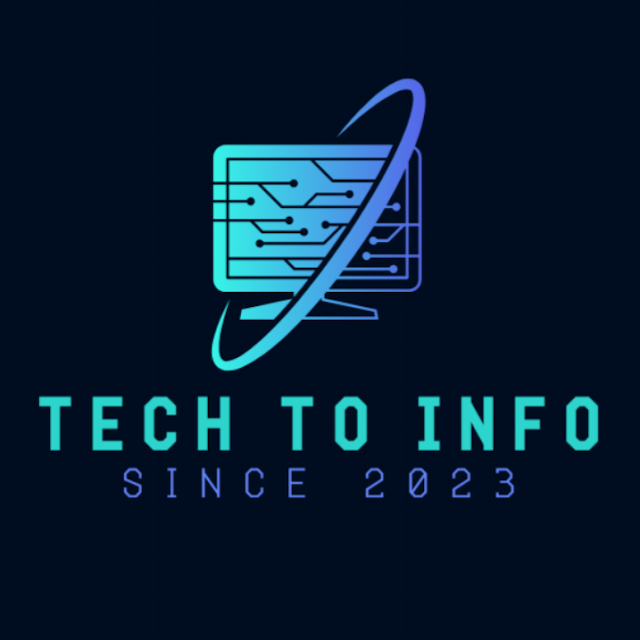The Future of Customer Interaction: AI Chatbot Software Trends
In the ever-evolving landscape of customer interaction, AI chatbot software has emerged as a game-changer. These intelligent virtual assistants are revolutionizing how businesses engage with their customers, providing real-time support, and enhancing user experiences. In this article, we'll delve into the latest trends in AI chatbot software that are shaping the future of customer interaction.
1. Natural Language Processing (NLP): The Foundation of Conversational AI
AI chatbot software has come a long way in understanding and responding to human language. Thanks to advancements in Natural Language Processing (NLP), chatbots can now engage in more meaningful and human-like conversations. NLP enables chatbots to comprehend user queries, context, and even sentiment, leading to more accurate and context-aware responses. Businesses are increasingly adopting NLP-powered chatbots to provide seamless and personalized customer interactions.2. Multilingual Chatbots for Global Reach
As businesses expand their global footprint, the need for multilingual chatbots becomes evident. Multilingual chatbots can bridge language barriers, providing support to customers in their preferred language. AI chatbot software with multilingual capabilities are becoming a standard feature, enabling companies to reach and serve a diverse customer base.3. Omnichannel Integration for Seamless Experiences
Today's consumers interact with businesses through various channels, including websites, social media, messaging apps, and more. AI chatbot software trends include the integration of chatbots across these channels to provide a seamless omnichannel experience. Customers can start a conversation on a website and continue it on a mobile app, with the chatbot maintaining context and history. This ensures that customers receive consistent support, regardless of the channel they use.4. Personalization and User Profiling
Personalization is key to customer engagement, and AI chatbot software is no exception. Modern chatbots can create user profiles based on interactions and user data, allowing them to offer personalized recommendations and solutions. Whether it's suggesting products, providing tailored content, or addressing specific needs, personalized chatbot interactions enhance user satisfaction and drive conversion rates.5. Voice Assistants and Voice Recognition
The rise of voice-activated devices like Amazon's Alexa and Google Assistant has paved the way for voice-powered chatbots. AI chatbot software now includes voice recognition capabilities, enabling users to interact with chatbots through spoken language. Voice-enabled chatbots are particularly useful in hands-free scenarios, such as driving, cooking, or home automation, where typing is not practical.6. AI Chatbots in E-commerce
E-commerce businesses are increasingly leveraging AI chatbots to enhance the shopping experience. Chatbots can assist customers in finding products, tracking orders, and providing instant answers to inquiries. Furthermore, AI chatbots can handle routine tasks like processing returns or refunds, freeing up human agents to focus on more complex customer needs.7. Chatbots for Data Collection and Analytics
AI chatbot software is not just about providing customer support; it's also a valuable tool for data collection and analytics. Chatbots can gather valuable customer insights by tracking interactions, sentiment analysis, and customer feedback. This data can inform business strategies, product improvements, and marketing campaigns, ultimately leading to better customer experiences.8. Enhanced Security and Privacy
With the increasing reliance on chatbots for handling sensitive information, security and privacy have become paramount. AI chatbot software trends include robust security features like end-to-end encryption and compliance with data protection regulations such as GDPR. Businesses are investing in secure chatbot solutions to build trust with their customers and protect sensitive data.9. AI-Powered Chatbot Development Platforms
Developing AI chatbots has become more accessible thanks to AI-powered chatbot development platforms. These platforms offer pre-built templates, NLP integration, and easy customization options. Even businesses with limited technical expertise can create and deploy chatbots quickly, making AI chatbots a cost-effective solution for startups and SMEs.10. Continuous Learning and Improvement
AI chatbot software is never static; it continually learns and improves. Machine learning algorithms enable chatbots to adapt to changing user preferences and stay up-to-date with industry trends. Businesses that embrace AI chatbots must also prioritize ongoing training and refinement to ensure their chatbots provide the best possible customer interactions.In conclusion,
AI chatbot software is at the forefront of transforming customer interaction. With advancements in NLP, omnichannel integration, personalization, and security, chatbots are becoming indispensable tools for businesses across industries. As these trends continue to evolve, businesses that harness the power of AI chatbot software will gain a competitive edge in delivering exceptional customer experiences.
The future of customer interaction is here, and it's powered by AI chatbot software. Stay ahead of the curve by embracing these trends and providing your customers with the seamless, personalized, and efficient support they deserve.
The future of customer interaction is here, and it's powered by AI chatbot software. Stay ahead of the curve by embracing these trends and providing your customers with the seamless, personalized, and efficient support they deserve.



.png)





0 Comments